Binding to double may produce following validation error
Value ... could not be converted.
When using ExceptionValidationRule errors are more talkative:
Input string was not in a correct format.
Value was either too big or too small for a ...
Perhaps there are more. Add to them those what I can throw myself in bound property setter.
Now, I want to localize those messages (preferably second version). Not a big surprise, but sources doesn't reveal anything useful (am I looking at wrong place?).
I can make my own validation rules, but perhaps there is an easier way?
My question: can I localize ExceptionValidationRule?
Below is mcve:
xaml:
<TextBox>
<TextBox.Text>
<Binding Path="TestDouble" UpdateSourceTrigger="PropertyChanged">
<Binding.ValidationRules>
<!--<local:MyValidationRule />-->
<!--<ExceptionValidationRule />-->
</Binding.ValidationRules>
</Binding>
</TextBox.Text>
<Validation.ErrorTemplate>
<ControlTemplate>
<TextBlock Margin="0,20,0,0" Foreground="Red" Text="{Binding ErrorContent}" />
</ControlTemplate>
</Validation.ErrorTemplate>
</TextBox>
cs:
public partial class MainWindow : Window
{
public double TestDouble { get; set; }
public MainWindow()
{
InitializeComponent();
DataContext = this;
}
}
public class MyValidationRule : ValidationRule
{
public override ValidationResult Validate(object value, CultureInfo cultureInfo) => ValidationResult.ValidResult; // not used
public override ValidationResult Validate(object value, CultureInfo cultureInfo, BindingExpressionBase owner)
{
var bindingExpression = owner as BindingExpression;
if (bindingExpression != null)
{
var type = bindingExpression.ResolvedSource.GetType().GetProperty(bindingExpression.ResolvedSourcePropertyName).PropertyType;
if (type == typeof(double))
{
double result;
if (!double.TryParse((string)value, out result))
return new ValidationResult(false, "The value format is not recognized"); // custom message
}
... // and so on, for all types ?????
}
return base.Validate(value, cultureInfo, owner);
}
}

